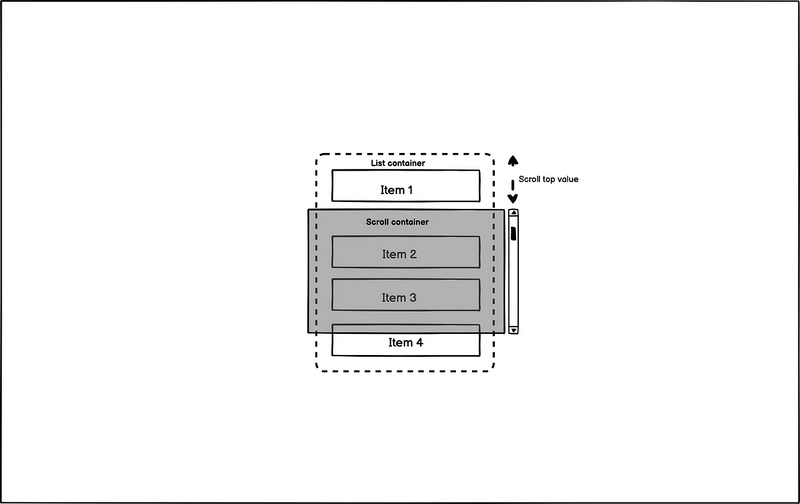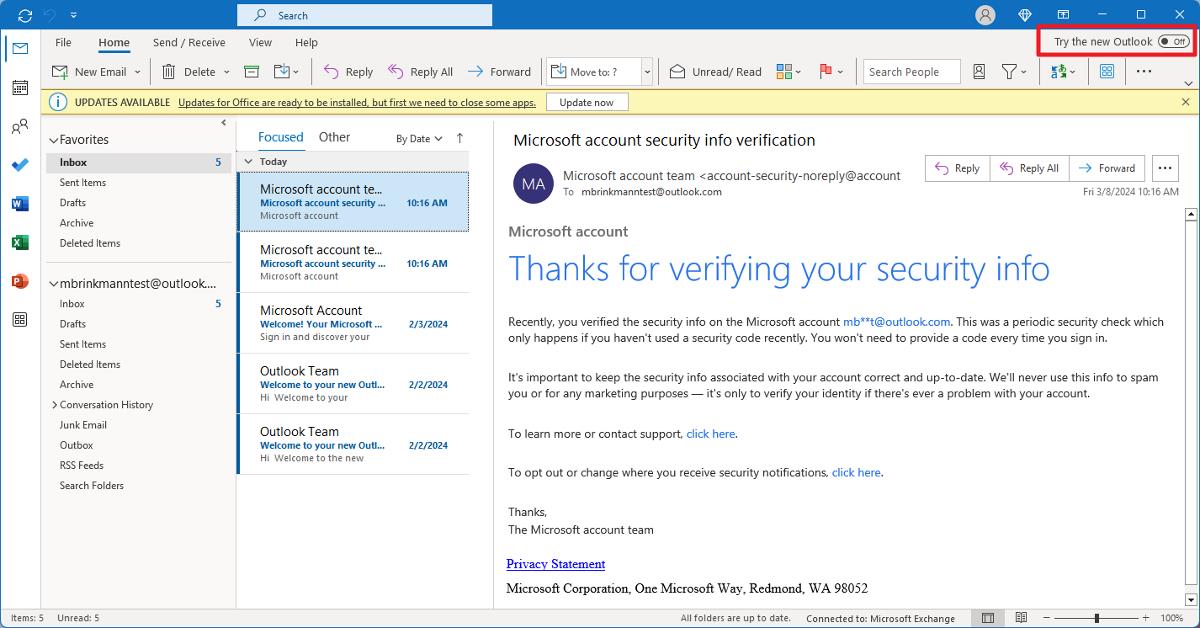Data Analytics for Business: How Understanding Data Can Drive Smarter Decisions
In today's rapidly evolving business landscape, data has emerged as one of the most valuable assets for organizations. The ability to collect, analyze, and interpret data is no longer just a competitive advantage but a necessity for businesses aiming to thrive. This is where data analytics comes into play. By leveraging data analytics, businesses can gain actionable insights, optimize their operations, and make smarter decisions that lead to improved outcomes. What is Data Analytics? Data analytics involves inspecting, cleaning, transforming, and modeling data to discover useful information, draw conclusions, and support decision-making. It is a critical tool for businesses to understand their operations, customers, market trends, and financial performance. With the right data analytics techniques, businesses can uncover hidden patterns, predict future trends, and make data-driven decisions that align with their goals. Why is Data Analytics Important for Business? Informed Decision-Making One of the primary benefits of data analytics is that it enables businesses to make decisions based on factual insights rather than intuition or guesswork. For example, a retail business can analyze customer purchasing behavior to identify which products are popular and make inventory decisions accordingly. This leads to smarter choices that can drive growth and efficiency. Improved Operational Efficiency Data analytics can help businesses streamline their operations by identifying inefficiencies or bottlenecks. By analyzing operational data, businesses can optimize their processes, reduce costs, and improve overall productivity. For instance, a manufacturing company might use data to predict when equipment needs maintenance, avoiding costly downtime and improving the production schedule. Enhanced Customer Insights Understanding customer behavior is crucial for businesses in today's competitive environment. Data analytics allows companies to analyze customer preferences, purchase patterns, and feedback, enabling them to create personalized marketing strategies and improve customer service. By better understanding their target audience, businesses can enhance customer satisfaction and loyalty. Predictive Analytics Predictive analytics uses historical data and statistical algorithms to forecast future outcomes. By analyzing trends, businesses can predict market demands, sales trends, and even potential risks. This predictive capability can help businesses stay ahead of the competition and make proactive decisions that position them for long-term success. Data-Driven Marketing Data analytics can significantly improve marketing strategies by helping businesses understand which campaigns are most effective. Through data analysis, businesses can identify customer segments that respond to specific marketing messages and optimize their advertising spend for maximum return on investment (ROI). How Data Analytics Can Drive Smarter Decisions Identifying Trends and Opportunities With the vast amount of data businesses collect daily, finding key trends and opportunities can be a daunting task. Data analytics allows companies to sift through this information, identify patterns, and leverage insights to capitalize on new opportunities. Whether it’s spotting emerging market trends, understanding changing customer preferences, or recognizing new revenue streams, data analytics equips businesses with the knowledge they need to stay ahead. Optimizing Resources and Budgeting Data analytics helps businesses assess resource allocation and identify areas where costs can be reduced. By evaluating the performance of different departments, campaigns, or products, businesses can reallocate resources more effectively, ensuring that investments are made in areas with the highest return. This leads to better financial planning and budgeting. Boosting Competitive Advantage By using data to monitor competitors, businesses can gain insights into their strengths and weaknesses. This information can help businesses adjust their strategies to outperform their competitors. Whether it’s through pricing strategies, marketing tactics, or operational improvements, data analytics provides businesses with a deeper understanding of the market and a competitive edge. Enhancing Risk Management Data analytics also plays a crucial role in risk management. By analyzing historical data, businesses can predict potential risks and mitigate them before they escalate. This proactive approach to risk management helps businesses minimize potential losses and ensure long-term stability. How to Get Started with Data Analytics for Business If you're looking to integrate data analytics into your business but don't know where to begin, investing in professional training is a great place to start. The best data analytics institute in Kochi can help businesses and individuals develop the skills needed to understand and implement data a

In today's rapidly evolving business landscape, data has emerged as one of the most valuable assets for organizations. The ability to collect, analyze, and interpret data is no longer just a competitive advantage but a necessity for businesses aiming to thrive. This is where data analytics comes into play. By leveraging data analytics, businesses can gain actionable insights, optimize their operations, and make smarter decisions that lead to improved outcomes.
What is Data Analytics?
Data analytics involves inspecting, cleaning, transforming, and modeling data to discover useful information, draw conclusions, and support decision-making. It is a critical tool for businesses to understand their operations, customers, market trends, and financial performance. With the right data analytics techniques, businesses can uncover hidden patterns, predict future trends, and make data-driven decisions that align with their goals.
Why is Data Analytics Important for Business?
Informed Decision-Making
One of the primary benefits of data analytics is that it enables businesses to make decisions based on factual insights rather than intuition or guesswork. For example, a retail business can analyze customer purchasing behavior to identify which products are popular and make inventory decisions accordingly. This leads to smarter choices that can drive growth and efficiency.
Improved Operational Efficiency
Data analytics can help businesses streamline their operations by identifying inefficiencies or bottlenecks. By analyzing operational data, businesses can optimize their processes, reduce costs, and improve overall productivity. For instance, a manufacturing company might use data to predict when equipment needs maintenance, avoiding costly downtime and improving the production schedule.
Enhanced Customer Insights
Understanding customer behavior is crucial for businesses in today's competitive environment. Data analytics allows companies to analyze customer preferences, purchase patterns, and feedback, enabling them to create personalized marketing strategies and improve customer service. By better understanding their target audience, businesses can enhance customer satisfaction and loyalty.
Predictive Analytics
Predictive analytics uses historical data and statistical algorithms to forecast future outcomes. By analyzing trends, businesses can predict market demands, sales trends, and even potential risks. This predictive capability can help businesses stay ahead of the competition and make proactive decisions that position them for long-term success.
Data-Driven Marketing
Data analytics can significantly improve marketing strategies by helping businesses understand which campaigns are most effective. Through data analysis, businesses can identify customer segments that respond to specific marketing messages and optimize their advertising spend for maximum return on investment (ROI).
How Data Analytics Can Drive Smarter Decisions
Identifying Trends and Opportunities
With the vast amount of data businesses collect daily, finding key trends and opportunities can be a daunting task. Data analytics allows companies to sift through this information, identify patterns, and leverage insights to capitalize on new opportunities. Whether it’s spotting emerging market trends, understanding changing customer preferences, or recognizing new revenue streams, data analytics equips businesses with the knowledge they need to stay ahead.Optimizing Resources and Budgeting
Data analytics helps businesses assess resource allocation and identify areas where costs can be reduced. By evaluating the performance of different departments, campaigns, or products, businesses can reallocate resources more effectively, ensuring that investments are made in areas with the highest return. This leads to better financial planning and budgeting.Boosting Competitive Advantage
By using data to monitor competitors, businesses can gain insights into their strengths and weaknesses. This information can help businesses adjust their strategies to outperform their competitors. Whether it’s through pricing strategies, marketing tactics, or operational improvements, data analytics provides businesses with a deeper understanding of the market and a competitive edge.Enhancing Risk Management
Data analytics also plays a crucial role in risk management. By analyzing historical data, businesses can predict potential risks and mitigate them before they escalate. This proactive approach to risk management helps businesses minimize potential losses and ensure long-term stability.
How to Get Started with Data Analytics for Business
If you're looking to integrate data analytics into your business but don't know where to begin, investing in professional training is a great place to start. The best data analytics institute in Kochi can help businesses and individuals develop the skills needed to understand and implement data analytics in their operations. These institutes offer tailored programs that teach essential tools like Excel, SQL, Python, and data visualization techniques, equipping professionals with the practical knowledge to drive business growth.
By enrolling in a course at a leading data analytics institute in Kochi, individuals and organizations can gain the expertise to unlock the full potential of their data. These institutes often provide hands-on experience through real-world projects, which are essential for building confidence and applying knowledge in actual business scenarios.
Conclusion
Incorporating data analytics into business decision-making is no longer a luxury—it’s a necessity for any organization that wants to remain competitive. By understanding and interpreting data, businesses can make smarter decisions that lead to improved efficiency, customer satisfaction, and profitability. With the right training, such as that provided by the best data analytics institute in Kochi, professionals can develop the skills to leverage data analytics effectively and drive smarter, data-informed decisions. Investing in data analytics training today is an investment in the future of your business.











































































































































































![[The AI Show Episode 144]: ChatGPT’s New Memory, Shopify CEO’s Leaked “AI First” Memo, Google Cloud Next Releases, o3 and o4-mini Coming Soon & Llama 4’s Rocky Launch](https://www.marketingaiinstitute.com/hubfs/ep%20144%20cover.png)










































































































































































































![GrandChase tier list of the best characters available [April 2025]](https://media.pocketgamer.com/artwork/na-33057-1637756796/grandchase-ios-android-3rd-anniversary.jpg?#)











































.png?width=1920&height=1920&fit=bounds&quality=70&format=jpg&auto=webp#)


























.webp?#)














































































































![New Beats USB-C Charging Cables Now Available on Amazon [Video]](https://www.iclarified.com/images/news/97060/97060/97060-640.jpg)

![Apple M4 13-inch iPad Pro On Sale for $200 Off [Deal]](https://www.iclarified.com/images/news/97056/97056/97056-640.jpg)





































































































































